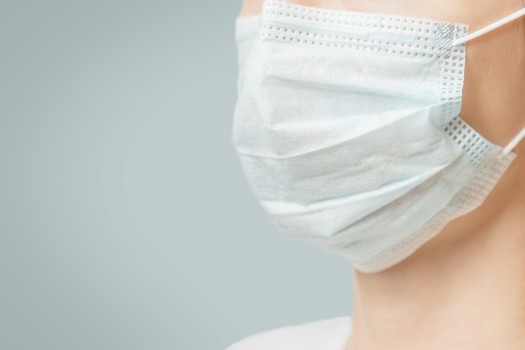Deputy CMO admits absence of contact traced GPs will ‘put pressure’ on practices

GPs have been told it is especially important for them to isolate for 14 days if exposed to Covid-19 under the Government’s new ‘test and trace’ programme, although England’s deputy CMO admitted the absence of asymptomatic GPs and staff would ‘put pressure’ on practices.
However, further guidance on the system – which is intended to see anyone who has been in close proximity to a person who tests positive for Covid-19 traced and told to isolate even if asymptomatic – clarified that contacts when wearing PPE did not count.
The guidance from DHSC said that ‘if someone who works in – or has recently visited – a health or social care setting… tests positive for coronavirus, their case will be escalated to local public health experts, who will liaise with the relevant setting to agree on the most appropriate action’.
It added: ‘If they were wearing PPE at the time of the contact, this will not count as a contact.’
Speaking in a webinar for GPs yesterday evening, England’s deputy medical officer Dr Jenny Harries stressed the importance of GPs isolating if exposed to Covid-19.
Dr Harries said: ‘Everybody has to follow [test and trace] otherwise we will never get to the end of this – and in fact healthcare staff are even more important in some ways because of the contacts that they have – the types of contacts and the frequency and the setting in which they are operating.
‘If one of your staff members is contacted by the trace system they absolutely must stay at home. Obviously they have access to testing themselves if they are the one that is symptomatic and their family needs to isolate with them, but it is absolutely critical that they do what the rest of the public do as well. I realise that’s really difficult because it will put pressure on the operations in your surgeries.’
Dr Harries further said GPs should encourage patients to ‘ensure they’re tested and brought into the system’.
And, speaking in the same webinar, NHS England’s testing cell incident director Keziah Halliday added: ‘The 14 day self-isolation for a contact – there is no way out of that. Even if you subsequently get a test and you test negative, then you still need to isolate for the full period that you are advised to by test and trace.’
But the BMA said preparations put into place by practices across the country should mitigate the effect.
A spokesperson said: ‘Practices across the country have put processes in place to protect staff, including increased triage, greater use of remote consultations and introducing social distancing measures in surgeries for when patients do need to attend in person.
‘It is therefore unlikely that staff will have prolonged, close contact with Covid-positive patients. In cases where staff have been within two metres of someone with the virus for longer than 15 minutes, they should follow guidance when contacted by a contact tracer – which will likely mean they will have to self-isolate.
‘Where it is not possible for asymptomatic self-isolating staff to work remotely, or for the practice to operate in this manner, we would expect CCGs to support practices if this presents workforce or operational issues.’
Pulse July survey
Take our July 2025 survey to potentially win £1.000 worth of tokens













